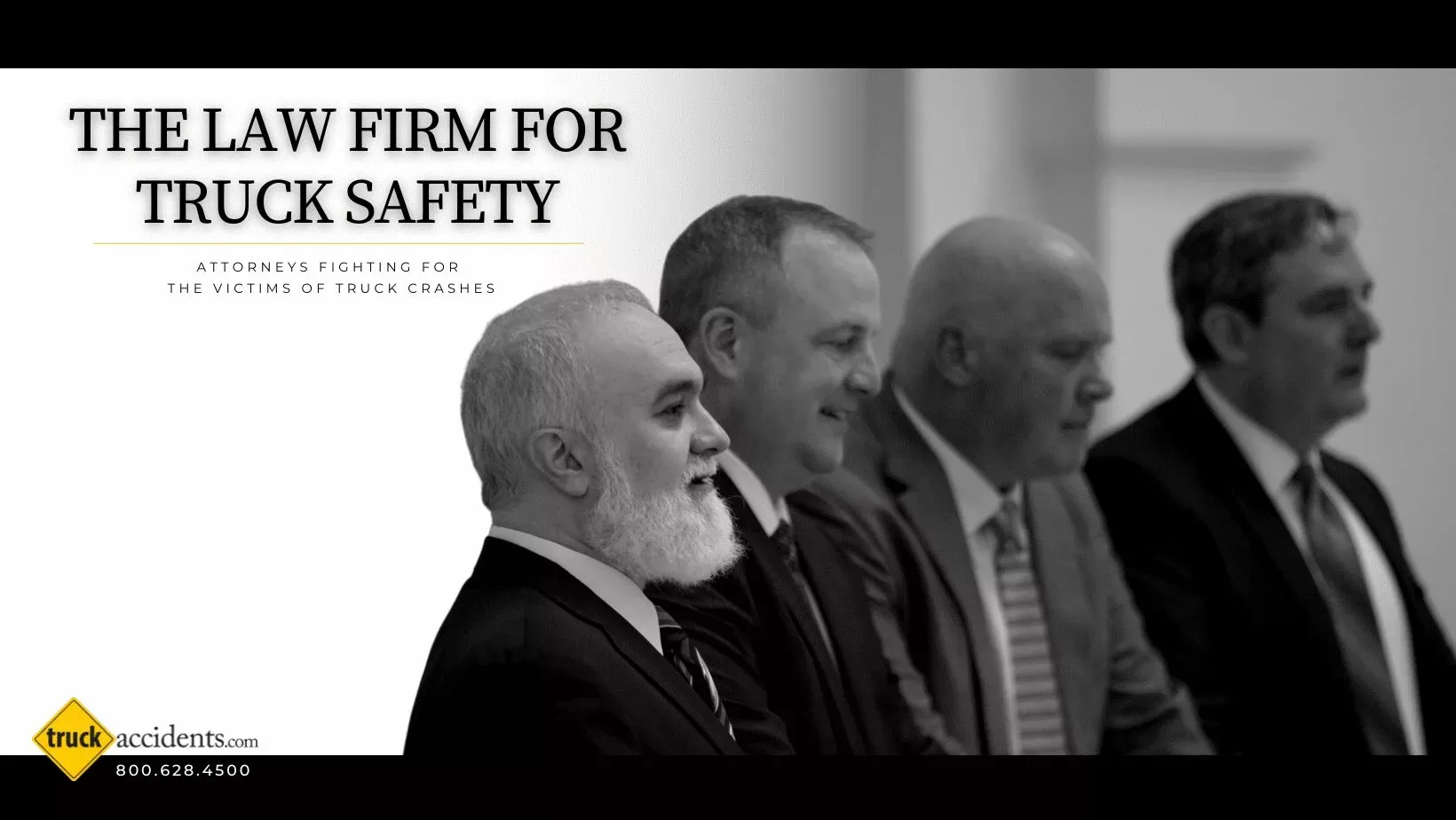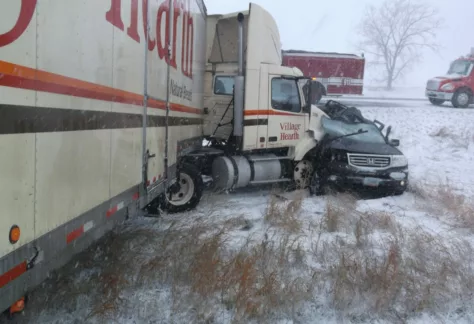In March, the Federal Motor Carrier Safety Administration (FMCSA) announced that it would be assessing repeat violators of its regulations with the maximum allowable fines more quickly. The FMCSA stated that under its new policy, “maximum penalties will be applied in cases where an acute violation is discovered during an investigation within six years of a previously closed case” involving violation of that same regulation. The new policy, which is in effect as of April 1, 2009, is the latest in a series of “get tough” promises by the FMCSA, promises which even if kept are still only one necessary step toward protecting motorists from the rogue trucking companies that repeatedly ignore safety regulations.
Section 222 of the Motor Carrier Safety Improvement Act of 1999 (MCSIA) requires the Secretary of Transportation of the United States to assess the maximum civil penalties to any person who is found to have committed a pattern of violations, or previously committed the same or a related violation of critical or acute regulations. In September of 2000, FMCSA issued a policy memorandum that brought its fine assessment policy in line with the requirements of section 222 of MCSIA. Then, in 2004, FMCSA clarified its September of 2000 memorandum by defining “pattern of violations” and “previously committed the same or related violation” as three cases closed with findings of violation occurring within the last six years. In an August of 2007 report, the Government Accounting Office (GAO) stated that FMCSA’s “three strikes” policy failed to assess maximum penalties against all serious violators. The GAO went on to recommend that FMCSA change its policy to include a definition for a “pattern of violations” that did not restrict penalties only to repeat violations of the same or similar regulations, and that FMCSA change from a “three strikes” policy to a “two strikes” policy. It was in response to these recommendations that FMCSA reexamined its policy and adopted the latest changes. And, as the following case illustrates, these changes do not go far enough to remove dangerous repeat offenders from our highways.
This strikes a familiar chord in my work as a truck accident lawyer. When my client, Brian Schlegel, was involved in a truck accident with a huge refrigerated truck that left him in need of back surgery and rendered the car he was driving a total loss, he had no idea that the truck that struck him was owned by a company, Top One Trucking, whose safety rating was one of the worst I have ever seen. (see the video “Rolling Trouble” under “Videos”). In fact, their driver safety rating was 99.97, which means that out of 10,000 trucking companies, this was one of the three worst!
Referrals & Co-Counsel
Involved in a Crash?
No other law firm knows trucks quite like us. Our trucking law expertise and trial experience allow us to win multi-million-dollar results year after year.
Our team of truck accident attorneys works tirelessly to help your family find justice in the wake of a catastrophic truck crash.
Referrals & Co-Counsel
No other law firm knows trucks quite like us. Our trucking law expertise and trial experience allow us to win multi-million-dollar results year after year.
Involved in a Crash?
Our team of truck accident attorneys works tirelessly to help your family find justice in the wake of a catastrophic truck crash.
Most drivers for Top One were hired from China, worked 60-70 hours per week, and spoke and wrote absolutely no English so it may come as no surprise that they committed a staggering 5,809 violations over the years for problems with entries they made to driver logbooks. What’s more, federal officials knew that the owner of Top One was running one rogue trucking company after another, yet it took our winning Brian’s case against Top One for the owner’s carrier license to be revoked.
But what Brian’s case and others like it have taught me is that new laws and regulations alone will not address repeat violators. We need better enforcement of existing laws. We need to expand the electronic monitoring that most large carriers already use, and we need officials to be more aggressive in pulling the licenses of rogue trucking companies.


